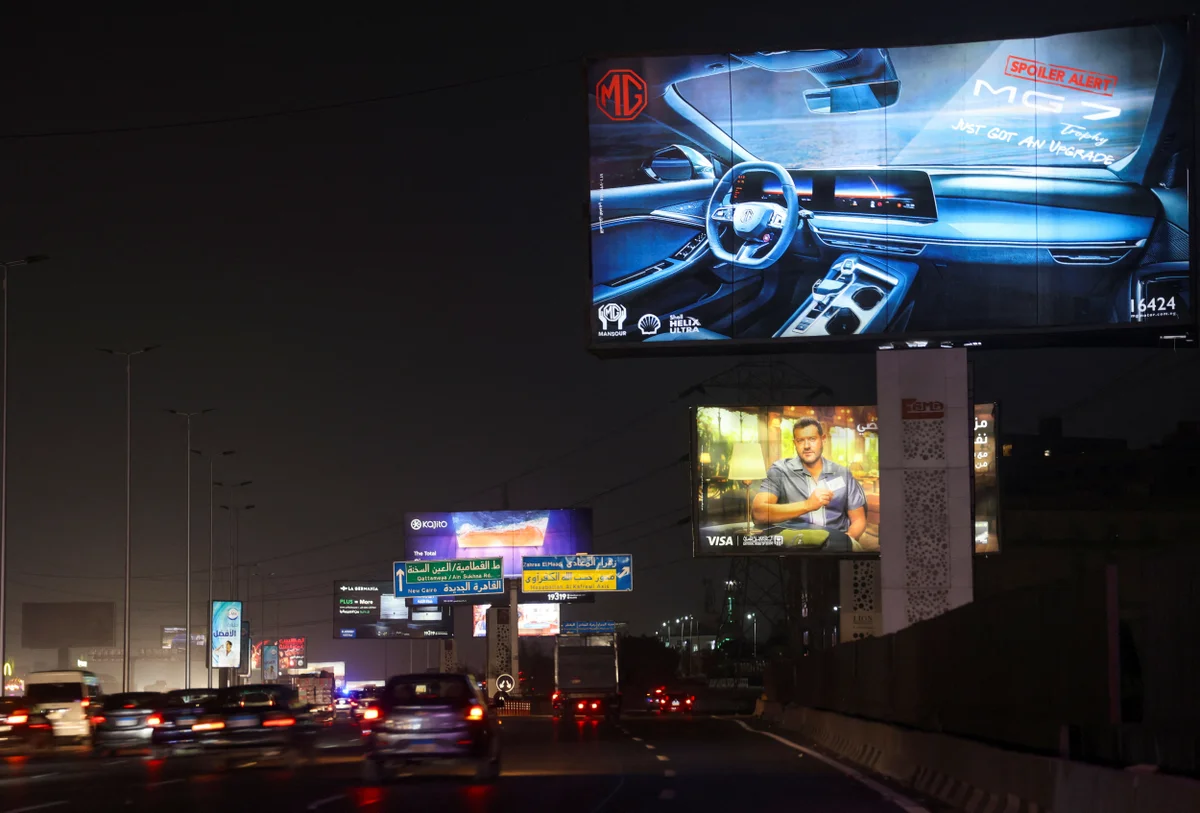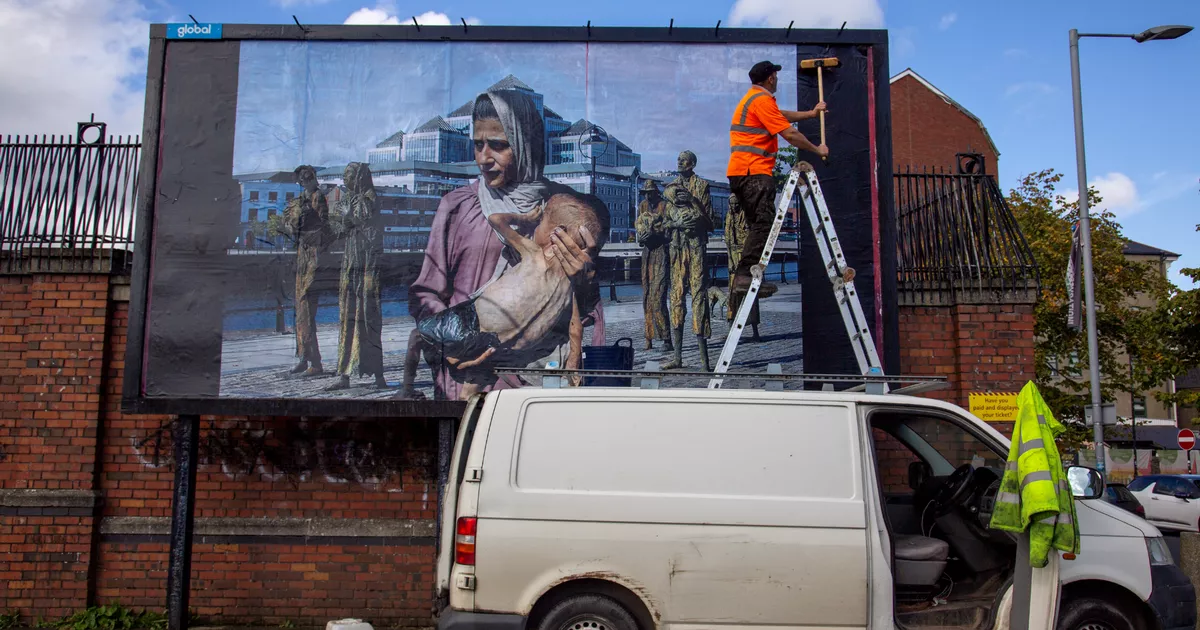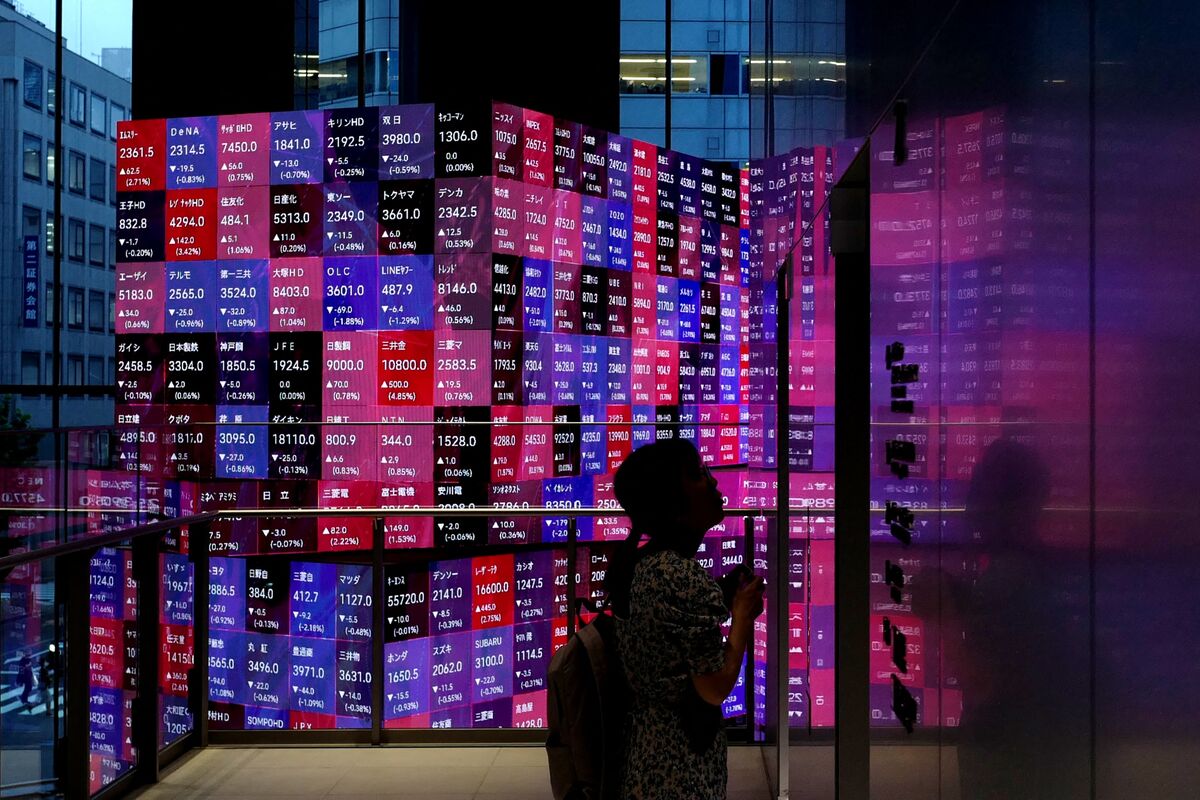By Heba Fouad
Copyright independent

Cairo’s roads, long infamous for their chaotic traffic and an array of obstacles from potholes to donkey carts, now confront drivers with an additional, overwhelming challenge: a relentless proliferation of garish, mismatched billboards vying for their already strained attention.
According to AdMazad, an advertising and media analytics firm, large billboards have more than doubled in six years, from 2,500 in 2019 to around 6,300 today.
This equates to over 30 per square kilometre of inhabited land, excluding new, flashing digital displays, which have multiplied tenfold to exceed 300 in the same period.
The visual assault is palpable for residents. “There’s nowhere left on the street that doesn’t have ads,” observed Cairo resident Ahmed Adel, driving through one of the city’s high-end districts.
The surge in outdoor advertising is largely attributed to Egypt’s rapidly expanding transport network.
Since 2014, President Abdel Fattah al-Sisi has invested billions into new roads and bridges, which now extensively criss-cross the capital.
The ads lining these roads hawk an endless array of detergents, fast food and luxury real estate developments, often with bright LED displays that drivers like Adel complain strain their eyes at night.
The industry is also becoming an increasingly important source of state revenue, according to Ahmed Afify, head of business development at MOT Investment and Development, a Transport Ministry investment company.
Revenues from “out-of-home” advertising, which includes billboards and transit ads, grew by more than 50 per cent in 2024, reaching about 6.3 billion Egyptian pounds ($130 million), AdMazad data shows.
That money goes largely to the state treasury via the Transport Ministry or its affiliated entities, Afify said. Ad prices vary by location and often increase as competing brands bid for strategic spots, he said.
Some drivers find the billboards an amusing diversion while stuck in traffic, or an effective marketing tool. But others find them a stressful addition to their commutes.
Psychotherapist Khaled Salaheldin pointed to the psychological toll they might take at times of financial strain – an increasing reality in Egypt after years of inflation and subsidy cuts.
“When I am being constantly exposed to advertising and idealized lifestyles, it leads to a comparison that makes me feel inadequate and inferior,” he said.
On Wednesday, Egypt’s Prime Minister Mostafa Madbouly held a meeting to discuss standards for billboards and other ads, saying there should be more regulation to ensure ads “preserve the urban fabric,” “uphold aesthetic values” and “respect societal norms.”



